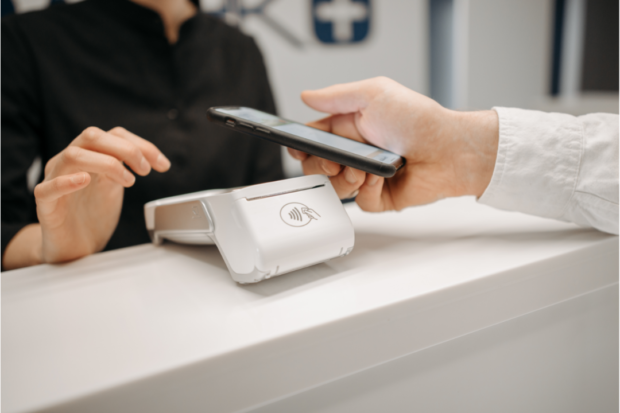Older adults in Southeast Asia still wary of cashless payment
MANILA, Philippines — Despite the accelerating shift to digital payments, almost one in five users in Southeast Asia would still rather pay with cash, according to a recent study by Kaspersky, noting that most of them were at least 55 years old and above.
According to the study by the Russian cybersecurity firm titled, “Mapping a secure path for the future of digital payments in APAC,” 21 percent of respondents in the region admitted to having anxieties when completing online transactions.
The oldest group (55 years old and above), cited in the study as “the silent generation,” was the most worried at 30 percent, surprisingly followed by Gen Zs (18-24 years old)—who are perceived to be digital natives—at 27 percent.
Boomers (34-45 years old) were shown to be the least worried at 14 percent, followed by millennials (25-34 years old) at 19 percent and Gen Xs (45-55 years old) at 21 percent.
“The older adults are not from the internet age. Their worries are understandable and should be seen as a precautionary measure toward making costly mistakes in a technology they are still learning to use,” explained Sandra Lee, managing director for Asia-Pacific at Kaspersky.
Article continues after this advertisementThe survey showed that 20 percent of the respondents from the silent generation were finding it challenging to do online transactions.
Article continues after this advertisement“As they are welcome to adapting to changes, we encourage the younger generation to step forward and assist our older loved ones. Community and government awareness and education efforts are also essential,” Lee said.
Still, 24 percent of the respondents agreed that digital payments were trustworthy.
The study also pointed out that more than three in five of those 55 years old and above (61 percent) had—of all age groups—the “highest level of trust toward security solutions” such as antivirus software.
But this was expected, “given their preference to being careful online,” the study said.
Cybersecurity
On average, 50 percent of the respondents see the value of antivirus software in safeguarding their money and online data.
But the study also sounded the alarm on the 14 percent who believed that cybersecurity tools were not important.
“The true significance of security solutions should be best understood at present time when we hear about scams and financial frauds, one after another. Cybercriminals understand our habits and emotional states, as they are humans, too,” Lee said.
“We have seen how they are becoming more and more creative in targeting us with their social engineering attacks so we urge all generations to look into safeguarding their devices with the right tools to secure not only their data but most importantly their hard-earned money,” she added.
Kaspersky, in another study, said the number of Filipinos exposed to phishing attempts last year dropped to 9.90 percent from 16.05 in 2020. Still, the country had the most cyberattacks last year in the region.
RELATED STORIES
Group calls on gov’t to create ‘secure digital space’ amid rampant scams online
LTO hits P4 billion mark for online payment collection
Filipinos must be careful in doing online transactions, says think tank
